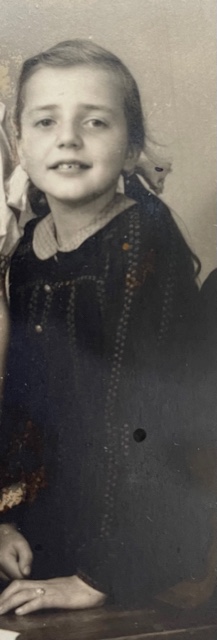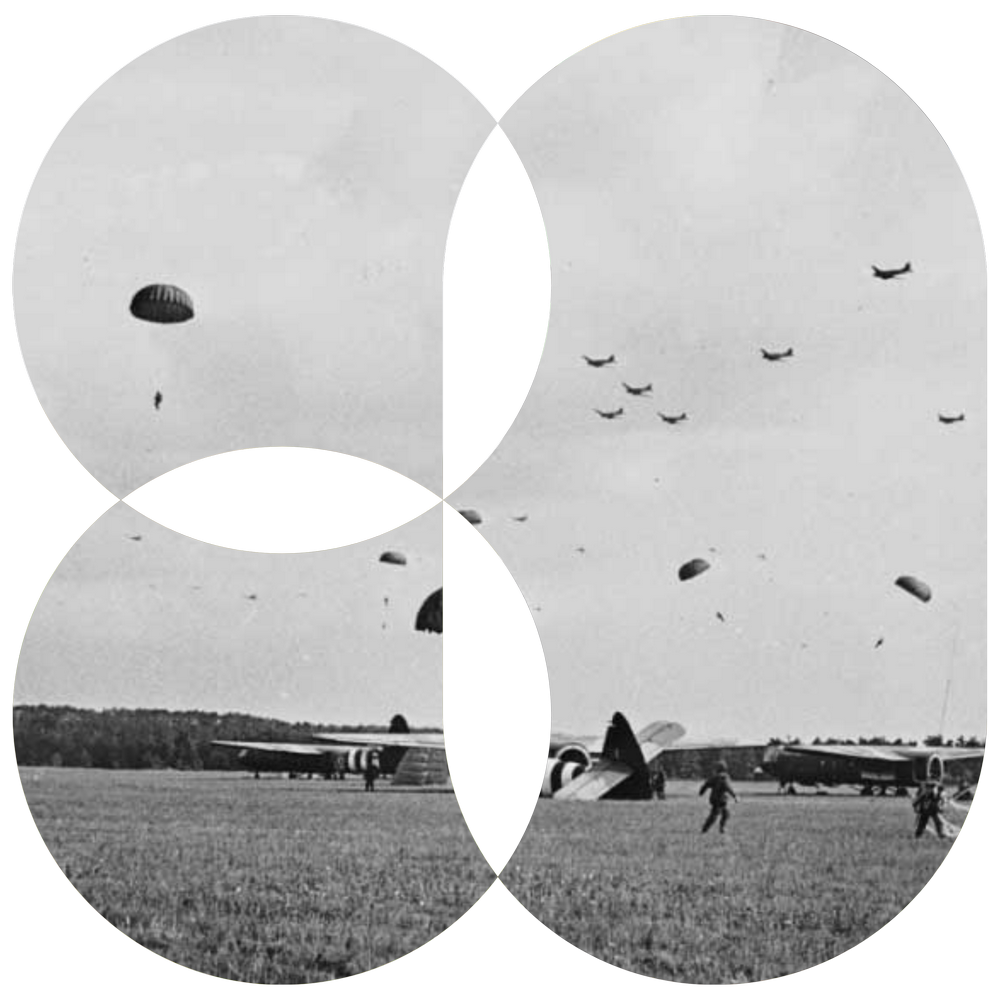
"A day of horror and suffering. A day that made us tremble with fear," wrote Jenny van Dinter's mother about September 17, 1944. It soon became too dangerous to be near the John Frost Bridge, and the family had to go into the cellar under their house. "Without our father, because he had been called by the fire department. I wouldn't see him for a very long time.".
The burning house
Jenny's mother had preserved vegetables and fruit in jars, so luckily they could still eat something. "The shooting kept going, and rockets flew over the house. Everyone was panicking, and no one dared to leave the basement. We tried to sleep on three wooden planks and ate cold beans.".
By the third day, the house was on fire. The door was blocked with rubble, so they were trapped. "My mother screamed for attention, and two German soldiers pulled us out of the cellar through the grate. We screamed in pain and fear." The family ran from the burning city center toward a hotel. "Velperplein was full of dead and wounded soldiers. We had to keep walking around them." Jenny will never forget that thought, she says. "It stays with you for the rest of your life.".
So that you understand what a war can mean for all people
The father of the family was still away. "We left Arnhem around September 20th. With two large horses and a box truck that we filled with all sorts of things. After three days, we arrived in Eerbeek." Jenny's grandparents lived in Spakenburg, and through a fishmonger, the family eventually ended up there.
"Magda, my sister, was frail and stayed with Mom while we had some lessons in an old schoolroom. We lived on potatoes and fish and slept in the utility room on two beds." Jenny's father returned but didn't speak. "He was sick and weak. Later, we heard that he had been arrested and had been imprisoned in Amersfoort. There, he was given little to eat and was frequently tortured. He escaped through high fences with a friend.".
Hunger
The Hunger Winter began, and it was hard. "Somewhere in the village, there was a kitchen where you could get tulip bulb soup. It was too disgusting to look at, but we all stood in line just to get something warm. Sometimes we'd get a slice of bread, and then my mother would say, 'I'm not hungry,' and divide the slice into three pieces." The cold froze everything, making it even harder to find food.
There were days we wouldn't even get out of bed. We played word games to pass the time. My father had a leather belt, from which he'd cut small pieces to chew to keep his mouth moist. We'd also bring snow inside to suck on. The war was close, as shots could be heard day and night in Spakenburg. But the Americans were getting closer.


The family was ordered to go to the large cellar. "After a few hours, my father got out. It was so packed that we were afraid we wouldn't be able to get out again." The family decided to leave Spakenburg. "We weren't as strong anymore, and Magda had to be carried a lot by my father. I don't remember how far we walked every day.".
The family arrived in liberated territory near Apeldoorn after a 53-kilometer walk. "Despite being dirty and weak, we perked up a bit. We were liberated!" In July 1945, Jenny, her sisters, and parents were able to return to Arnhem. "All the misery came flooding back here. We didn't sleep anymore because we were so scared. We had no home, and all our memories were gone. I didn't know where my friends were or if they were still alive.".
Back home, without a home
There was nothing left of the house on the Rhine. They were assigned a house through the Red Cross. "But it was almost empty because the Germans had taken everything when they retreated." Clothing was distributed at a school building. "I don't think I've ever been so happy to get a coat and new shoes." The American army also restocked the stores. "My first real meal was a hot dog.".
Gradually, the family felt better and she recovered. "You never really forget the war. Even though we were liberated 77 years ago, I still have a lot of memories." After the war, Jenny tended the grave of an English soldier who had died during the Battle of Arnhem. "We contacted the deceased's family in England. And I sent a photo to the widow, who had a three-year-old daughter. After two years, she came over to visit the grave and stayed at our house. A friendship developed that lasted for many years.".







